Serotonin helps curb cocaine addiction
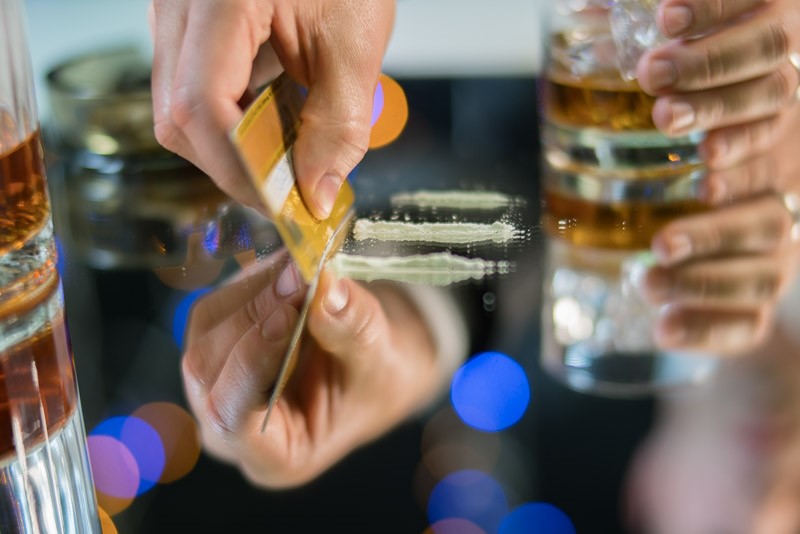
Only one in five consumers get addicted to cocaine, thanks to the protective role played by serotonin, scientists at the University of Geneva (UNIGE) have found.
The team has revealed a brain mechanism specific to cocaine which triggers a massive increase in serotonin (the ‘happy’ hormone) in addition to the increase in dopamine (the neurotransmitter that causes addiction) common to all drugs.
Serotonin acts as an intrinsic brake on the overexcitement of the reward system prompted by dopamine. The results are published in the latest edition of the prestigious journal ScienceExternal link.
Contrary to popular thinking, cocaine only triggers an addiction in 20% of consumers, a statement issued by the universityExternal link said.
“The same principle applies to all potentially addictive products,” said Christian Lüscher, a professor in the Department of Basic Neurosciences at the UNIGE Faculty of Medicine, who led the research. “Here in Switzerland, for instance, almost all adults consume alcohol from time to time, which is a strong stimulator of the reward system. However, only a small proportion of us will become alcoholics.”
Experiments
To assess how cocaine addiction comes about in the brain, the research team developed a series of experiments. A large group of mice was taught to self-administer cocaine voluntarily. After this a constraint was added, so each time they self-administered cocaine, the mice received a slightly unpleasant stimulus (electric shock or air jet). Researchers found that 80% of the mice stopped their consumption, while 20% continued, despite the unpleasant feeling.
“This compulsive behaviour is precisely what defines addiction, which affects 20% of individuals, in mice as well as in humans,” said Vincent Pascoli, a scientific collaborator in the Geneva group and co-author of the study.
The experiment was then repeated with the serotonin blocked. Here, 60% of the mice developed an addiction. “If serotonin is [then] administered to the latter group, the rate of addiction falls to 20%,” Lüscher said. “Cocaine therefore has a kind of natural brake that is effective four times out of five.”
A delicate synaptic balance
There are two forces at work in the brain when cocaine is taken, the statement said. Dopamine, whose sudden increase leads to compulsion, and serotonin which acts as a brake. Addiction occurs when an imbalance is created between these two neuro-regulators and dopamine overtakes serotonin.
The Geneva scientists now want to see if this mechanism is observable in other drugs. In a next step, they will look at the even more addictive opiates and the less-so ketamine.

In compliance with the JTI standards
More: SWI swissinfo.ch certified by the Journalism Trust Initiative
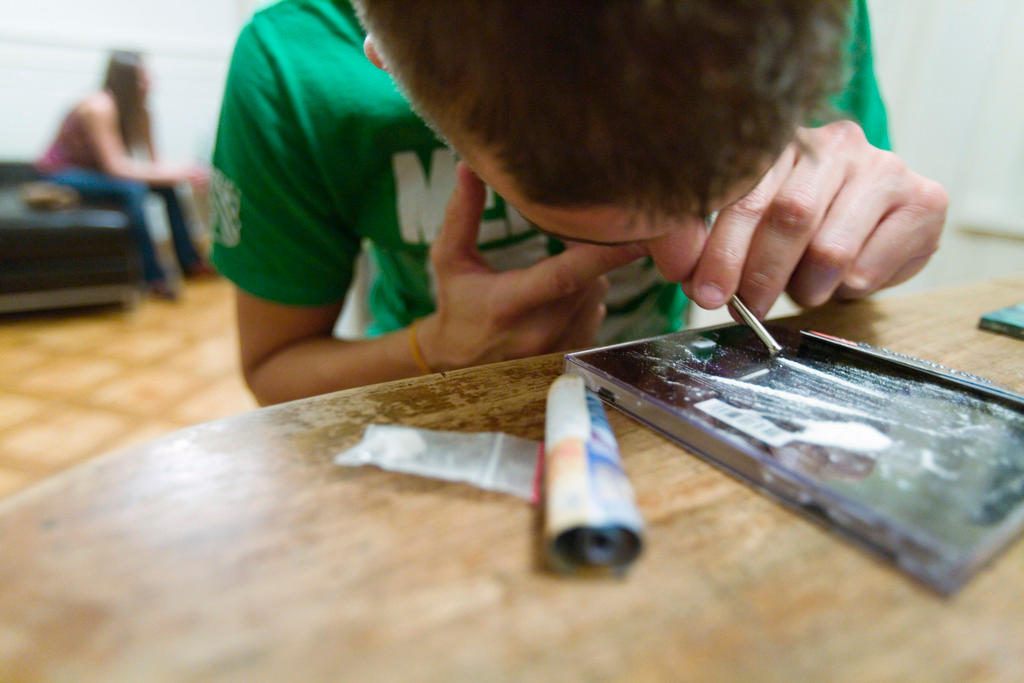
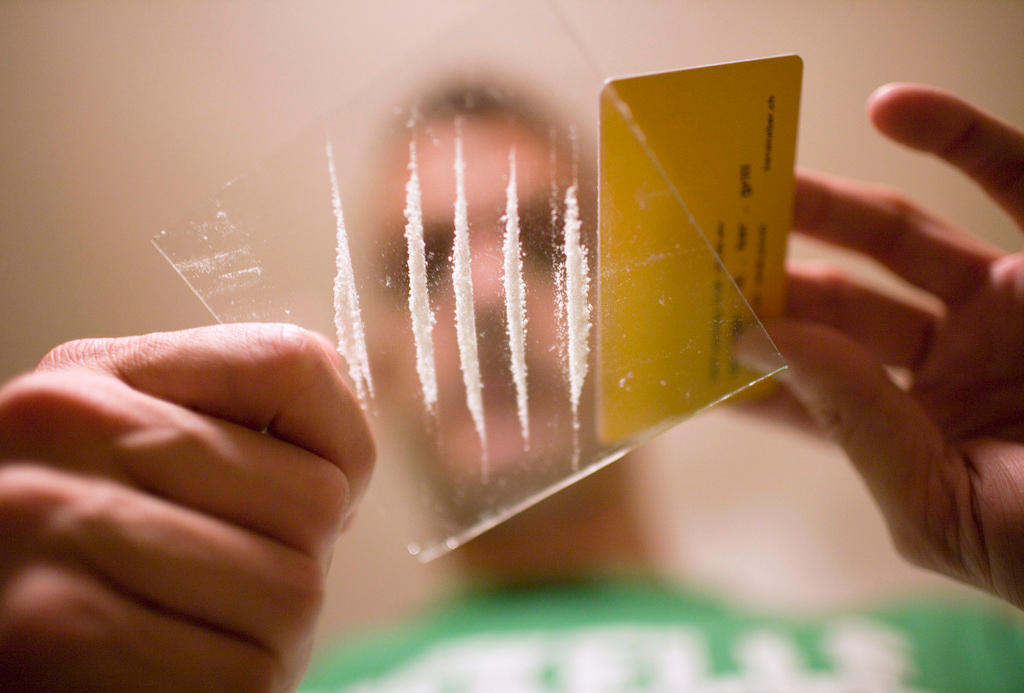
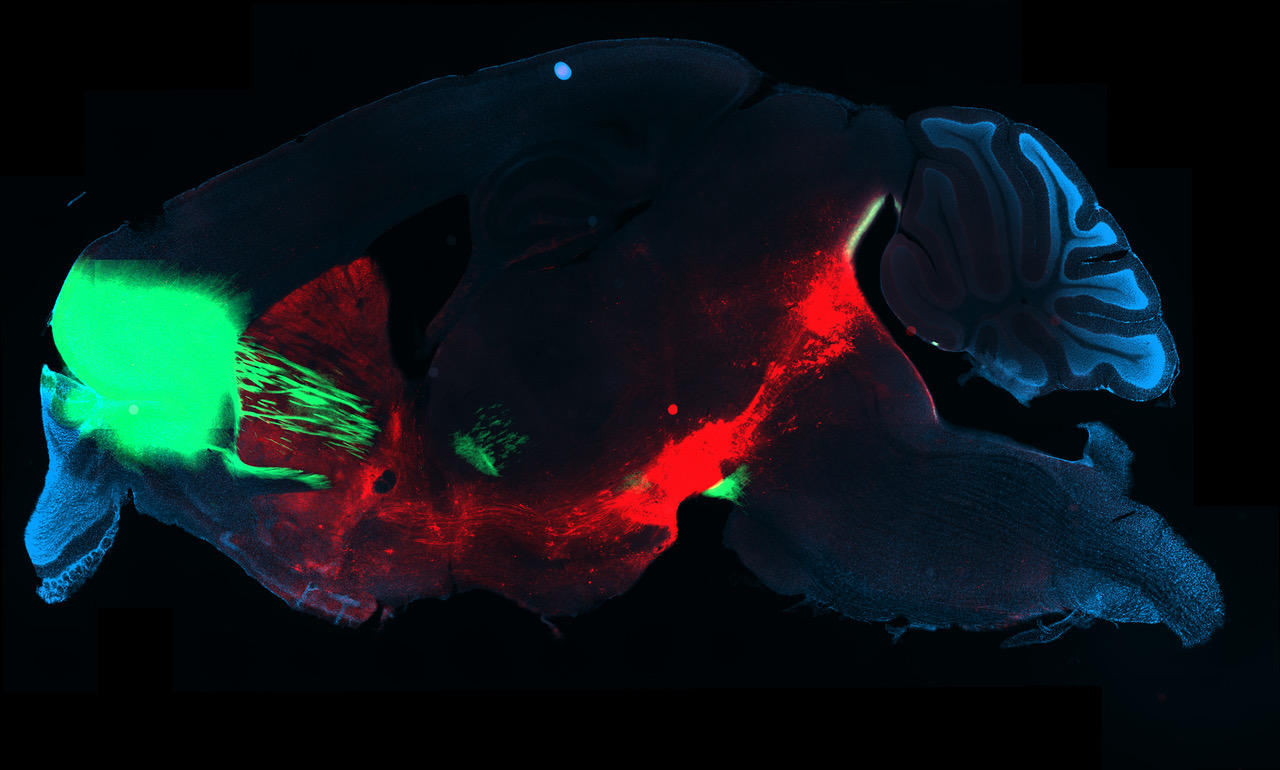
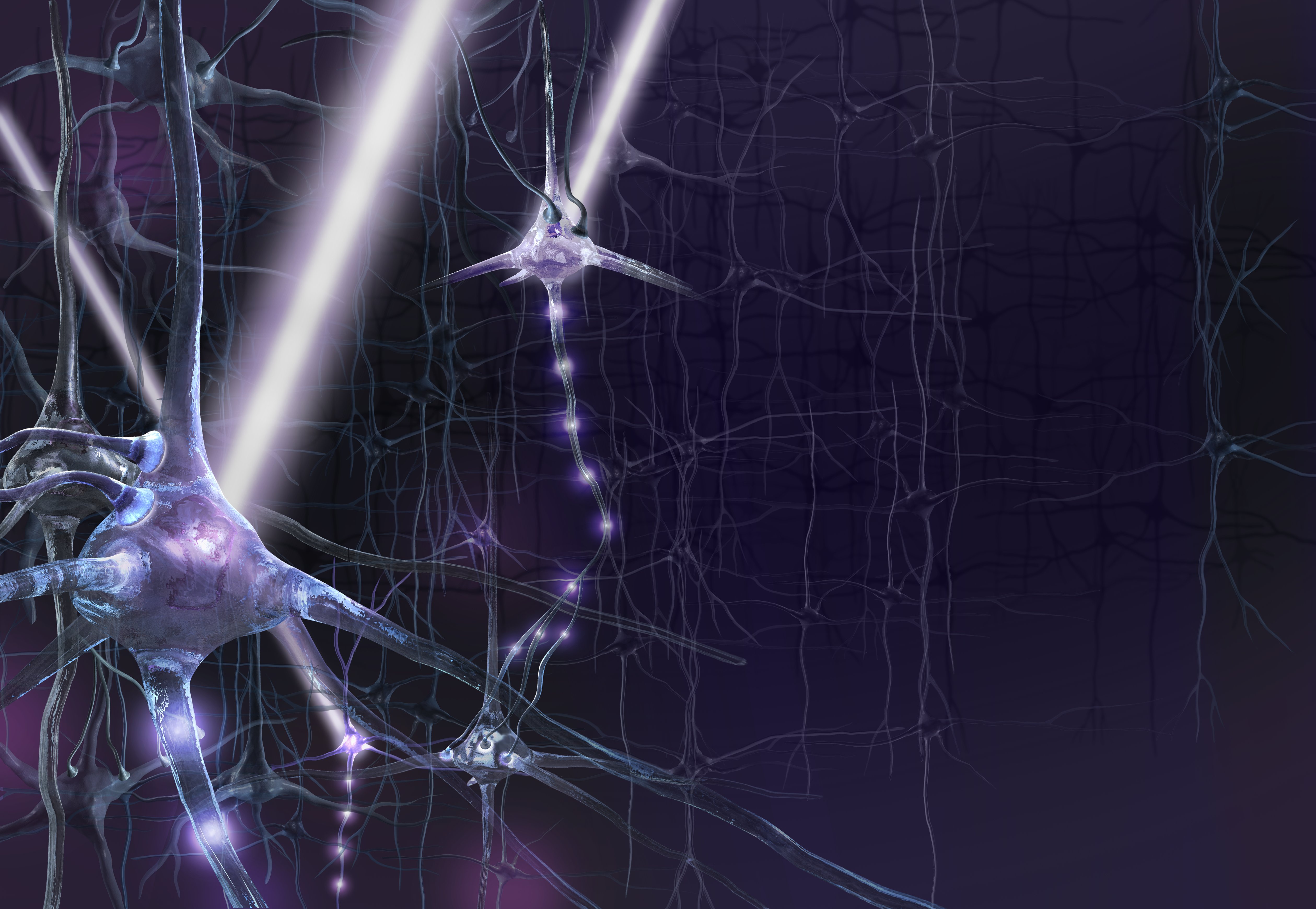
You can find an overview of ongoing debates with our journalists here. Please join us!
If you want to start a conversation about a topic raised in this article or want to report factual errors, email us at english@swissinfo.ch.